IN THE NEW GLOBAL BALANCE OF POWER
SHAPED BY TRUMP'S TRADE WARS:
THERE WAS STILL ONE MORE POSSIBILITY!
The nations the United States is indebted to have now been disclosed: America’s official foreign debt has reached a staggering $5.286 trillion!
The global economy is profoundly transforming due to the United States’ aggressive international trade policies. Donald Trump’s steep tariffs, coupled with the mounting debts of both the public and private sectors, have significantly increased the number of creditor nations and the total volume of U.S. debt.
President Donald Trump’s protectionist customs tariffs have triggered major upheavals in the world economy. As sovereign and corporate debts continue to rise at an alarming pace, America’s trade maneuvers have intensified sharp downturns in global markets. Amid this turbulence, attention has turned to the nations to whom the world’s largest economy— the United States — owes the most.
According to data released by the World Trade Organization, Türkiye is among the countries where the U.S. is most heavily indebted.
While official figures place Türkiye’s share is $60 billion, but in reality, it is closer to $100 billion.
In recent years, the volume of U.S. Treasury bonds held by Türkiye was reported to be approximately $58.3 billion. However, these figures have become increasingly dubious due to Türkiye’s deteriorating economic conditions and the severe depletion of national reserves in recent years. According to various sources, the United States’ actual debt to Türkiye may have already exceeded $100 billion.
Following the detention of Istanbul Metropolitan Mayor Ekrem Imamoglu on March 19, widespread reports emerged claiming that $42 billion had swiftly vanished from the Central Bank of the Republic of Türkiye (CBRT) reserves. The United States, it is alleged, withdrew its money from the Turkish Central Bank and other financial channels, leaving behind so-called “Treasury Bonds” — instruments devoid of any real value or legitimacy.
The countries to which the United States is most heavily indebted are as follows:
The nations the United States owes the most have reached extraordinarily high figures in U.S. dollars. Here are the principal countries among them:
• Japan: $1.1 trillion
• China: $759 billion
• United Kingdom: $723 billion
• Luxembourg: $424 billion
• Cayman Islands: $419 billion
• France: $382 billion
• Canada: $379 billion
• Belgium: $375 billion
• Ireland: $336 billion
• Switzerland: $289 billion.[1]
This list stands as clear evidence that Jewish capital has burdened the United States with an immense load of global debt and that the American economy is now writhing under the pressure of international trade relations. The official figure for U.S. external debt currently hovers around $5.286 trillion. However, an equally vast sum of debt, accumulated by Jewish financiers from abroad while using the American state as a guarantor and shifting the burden onto its shoulders, brings the actual external debt of the U.S. to well over $10 trillion.
This constitutes, both de jure and de facto, a state of bankruptcy.
In response, Donald Trump is now attempting, through the imposition of new and higher tariffs, to lure back to American soil the mostly Jewish-owned corporations that have long been producing goods at extremely low costs in foreign countries and exporting them to the United States.
The Repercussions of Tariffs
The additional tariffs imposed by the United States have strained economic relations and triggered sharp declines in global stock markets. Economists have emphasized that the Trump administration’s economic maneuvers have accelerated the rise of both public and private sector debt. These developments have made global trade wars increasingly complex, prompting many nations to reconsider and recalibrate their economic strategies. (Note: The United States oil-related debts to Gulf countries—including Saudi Arabia, Iran, and Azerbaijan—are not included in these figures.)
How 13 Jewish Dynasties Engineered the Global Web of Exploitation:
The global exploitation scheme devised by the 13 Jewish families—who print the U.S. dollar themselves and sell it to the American government, having seized control of the Federal Reserve (FED)—has been draining the wealth and sovereignty of the American state and its people for over a century, long before targeting the rest of the world.
Initially drawn by the allure of cheap labor and easy profits, this Zionist capital began investing heavily in Japan and South Korea. However, starting in 1985—four decades ago—a significant portion of these investments was strategically shifted to China.
During those same years, China took deliberate steps to welcome and protect Jewish capital by enacting:
Joint venture laws for foreign capital,
Trademark and commercial property legislation,
Legal frameworks for exclusive economic contracts with foreign entities,
And finally, laws permitting wholly foreign-owned enterprises, primarily controlled by Jewish conglomerates.
Furthermore, China and Israel established a highly specialized and semi-autonomous trade and economic cooperation network.
Jewish-owned companies bearing Chinese labels, which manufactured goods in Chinese factories where wages, insurance costs, special tax incentives, raw material inputs, and quality control regulations were at least twenty times—and in some cases forty times—cheaper than in the United States, began flooding the American, European, and global markets with these low-cost products, often sold at prices many times higher than their actual cost.
This predatory economic dynamic began to undermine the U.S. economy and bring it to the brink of collapse. In response, Donald Trump introduced a wave of new tariffs to repatriate this exploitative capital, now entrenched in China and other nations, back to the United States, hoping to revive domestic production and investment.
As a result of the greatest trade wars in history:
• Either the major Jewish conglomerates would return to America, investing domestically — thereby shutting the doors to easy and immense profits worth hundreds of billions of dollars;
• Or they would exploit their monopoly over key economic and social levers, along with their media manipulation power, to provoke European nations and China, ultimately sidelining Trump — and perhaps even paving the way for the fragmentation of the United States itself!
So then, if Trump were to be defeated and the United States lost its global influence, how would the balance of power in the world be transformed?
Decades earlier:
The Jewish strategist Zbigniew Brzezinski spoke as he analyzed the disorder that would follow a post-America world as:
“In the event of America’s faltering, it is unlikely that the world would fall under the dominance of a single leading power such as China. A sudden and severe crisis within the American system would trigger global political and economic chaos. Even if the country were to undergo a slow and widespread decay, or become entangled in a prolonged, large-scale war with Islamic states, it is unlikely that a credible global successor would be ‘crowned’ — not even by the year 2025. It is clear that no power will be ready to assume the role expected of America since the collapse of the Soviet Union in 1991.
In the absence of a trusted and reputable leader, the resulting uncertainty may heighten tensions among rival powers and lead them to act solely in pursuit of their own interests. Consequently, some powers may promote special regional arrangements designed to serve their agendas, weakening international cooperation. Historical competitors could engage in more overt struggles for regional dominance, even resorting to using force. Weaker states may find themselves gravely threatened by new power alignments emerging from fundamental geopolitical shifts in global power distribution. Promoting democracy could give way to a heightened emphasis on national security, rooted in shifting blends of authoritarianism, nationalism, and religion. So-called “global assets” may suffer as attention narrows to more immediate national concerns, resulting in either passive neglect or exploitative practices. And before long, the United Nations Security Council — a 70-year-old institution with only five permanent members possessing veto power — may begin to lose its legitimacy.”
A World Reorganizing Without America!
Although America’s downward spiral may unfold in an uncertain and contradictory manner, it is likely that the leaders of the world’s secondary great powers — such as Japan, India, Russia, and certain members of the European Union — are already fully aware of the potential implications of America’s decline for their own national interests. Indeed, even the mere prospect of the chaos that may follow a post-American order is not necessarily dictating the current policies of foreign chanceries, but it is undoubtedly shaping their strategic agendas with increasing caution.
Japan, fearing an ambitious China’s dominance over the Asian mainland, may seek to forge closer ties with Europe. The leaders of India and Japan may already be contemplating closer political—even military—cooperation as a precaution against the dual scenario of America’s fall and China’s rise. Russia, meanwhile, perhaps secretly relishing America’s uncertain future with a sense of sinister satisfaction, may set its sights on the independent states of the former Soviet Union as a first step toward expanding its geopolitical influence.
A fragmented Europe — still struggling to establish cohesive unity — may find itself pulled in multiple directions. Germany and Italy, driven by commercial interests, could move closer to Russia, while France and a politically insecure Central Europe might lean toward a more consolidated European Union. The United Kingdom, on the other hand, may aim to preserve its special relationship with a declining United States to balance power within the EU.
Other nations may move swiftly to carve out their own spheres of influence elsewhere. Türkiye could reassert its presence across the former territories of the Ottoman Empire, while Brazil might rise to prominence as a dominant power in the Southern Hemisphere.
China’s New Strategy
Chinese leadership has long refrained — with deliberate caution — from making any overt claims to global leadership, continuing to adhere to Deng Xiaoping’s famed maxim: “Observe calmly; secure our position; deal with affairs calmly; hide our capacities and bide our time; excel in modesty rather than claim leadership.” This careful — and at times deceptive — posture is strikingly aligned with the ancient strategic counsel of Sun Tzu, who asserted that in war, the wisest course is often retreat — but that one must seize the moment when the adversary makes fatal mistakes.
In the face of America’s internal turmoil and foreign entanglements, China’s official stance clearly reflects the guiding hand of this ancestral strategy. Beijing’s historical self-assurance is inseparable from its premeditated caution and long-term ambitions.
Moreover, it is worth noting that despite China’s singular domestic achievements, it had — until recently — shown little interest in universalizing its own model. Unlike the radical communist era of Mao, China no longer advances any zealous conception of a singular, universal historical path for humanity’s modern development. Nor does it assert doctrinal claims that elevate its social structure to a higher moral order.
China’s global identity today is shaped not by ideology, but by a far more ordinary — yet widely admired and practical — narrative: its extraordinary annual GDP growth rates. This appealing message, aiming to expand Chinese investments without pressing for political reform, grants China a significant competitive edge, particularly in Latin America and underdeveloped regions of Africa.
(For instance, China-Africa trade surged by 1000% — from $10 billion in 2000 to $107 billion in 2008.)
If the United States Weakens, the Plans for Israel and the Greater Middle East Will Collapse as Well
As certain states begin to fall under threat rapidly, one must consider the very real possibility that America’s decline will trigger transformations that further destabilize the already fragile political balance of the Middle East. Since its very founding, Israel has been the festering wound of the region. And as witnessed during the uprisings of early 2011, nearly every state in the area, though to varying degrees, remains vulnerable to populist internal pressures, social unrest, and the exploitation of religion.
If America’s retreat occurs before a resolution to the Israeli-Palestinian conflict is achieved, the failure to implement a mutually accepted two-state solution will only further inflame the region’s volatile political atmosphere. This will, in turn, intensify the justified sentiments of vengeance directed at Israel, a nation that has already grown dangerously arrogant and reckless.
It must be reckoned that the realization of America’s diminishing power could, at some point, compel stronger regional states to consider preemptive actions against Israel. Even cautious tactical maneuvers for regional advantage could eventually give way to broader and bloodier military confrontations — possibly reigniting new intifadas. Such a scenario would not only elevate Hamas’s standing in resistance but also embolden the Islamic world at large.
Weaker nations such as Lebanon and Palestine have, for decades, paid an immense price, primarily through the deliberate targeting of civilians. What’s more alarming is the growing tension between Iran and Israel, which could drive these conflicts to terrifying new heights, possibly drawing Türkiye into direct involvement.
The current trajectory of events points to a possible direct confrontation between the United States and Iran. For a war-weary America — already drained by protracted engagements in Iraq, Afghanistan, and perhaps Pakistan — a conventional war would be far from a desirable option. Thus, the U.S. would likely resort to its air superiority to inflict strategic damage on Iran, particularly targeting nuclear facilities.
The ensuing casualties would deepen the fusion of religious fundamentalism with Iranian nationalism, fueling an even fiercer anti-American sentiment. Radical and militant Islamism across the broader Middle East would be inflamed — partly by deliberate Western provocation — and the global economy would not escape the consequences.
Under such conditions, Russia would stand to benefit: economically, through the surge in energy prices; and politically, as Muslim resentment redirects itself from Moscow toward Washington, allowing Islamic anger to concentrate more squarely on the United States. Türkiye may identify more openly with the broader Islamic sense of injustice, while China would gain greater freedom of movement in pursuing its interests in the region.
And indeed, there was yet one more possibility that no one had accounted for!..
The global trade wars initiated by Trump had already shaken the foundations of world order; and the nations most affected — foremost China, the European Union, and even Russia (more precisely, the exploitative Jewish capital entrenched within these regions) — in an attempt to escape this stranglehold and preserve their grip on global dominance, would begin seeking ways to eliminate Trump — even if it meant dismantling the United States itself. If necessary, they would not hesitate to ignite a new world war.
However, as the Qur’anic verse foretells, such a satanic endeavor shall ultimately fail:
“The Jews said: “Allah’s tight. -fisted” (they slandered and exceeded the limits. Therefore, let their hands be tied! (And they were tied; they were made stingy, selfish, and disgraceful people.) And may they be cursed by Allah for what they said! No! (Contrarily) Both His (Allah’s) hands are open wide, and He gives however He wills (in a way that fits His generosity). Upon my oath, what has been sent down to you from your Lord (the Qur’an) increases the intemperance and denial of most of them. And so, we have incited enmity and hatred between them, which will last until the day of judgment. Whenever they kindle the fire of incitement aiming to start a war, Allah Almighty will (eventually) extinguish their fire (and the Jews will not be able to set their satanic aims). However, their fixed tradition is to strive to cause corruption on the earth constantly. (Whereas) Allah does not ever love corrupters.” (Surah Al-Ma’idah, 5:64)
Their schemes will be frustrated in light of this Divine pronouncement and promise.
In such a time of chaos and upheaval, from among the Islamic world, with its deep historical roots and providential potential, a leader possessing strategic intellect shall rise to power by means both unexpected and extraordinary (inshaa Allah).
To the call for a Just Order — one in which people of all faiths and convictions, of different cultures and origins, may live with dignity under the protection of universal human rights and rule of law — conscientious leaders of nations will respond with genuine approval, while those in power in certain oppressive states will find themselves compelled to comply.
Rabid Israel will be rendered powerless through unprecedented defense systems—technological marvels prepared at minimal cost and never before employed. Then, in the United States, Europe, China, Russia, and even India, the voices of reason and conscience among the leadership will embrace this new order, eager to break free from the chains of exploitative capital.
Yes, without doubt, a New World will be established — and with heartfelt gratitude and reverence, the visionary Professor Erbakan, who laid its ideological and programmatic foundation, shall be remembered and honored.
Even the Jews and the Crusaders will find themselves compelled to act with justice and uphold civilized conduct under this new paradigm. Thus, the Civilization of Prosperity and Blessedness promised by Allah and His Messenger (peace be upon him) shall, indeed, come into being very soon!
And those who proclaim a heartfelt “Ameen!” to this noble hope and vision shall pass the test — but those who scoff and say, “Oh, come on!” shall find their faces disgraced — both in this world and the Hereafter.
- “ABD’nin Borçlu Olduğu Ülkeler Açıklandı: Türkiye Hangi Sırada?”, ABC Gazetesi, April 9, 2025, https://abcgazetesi.com.tr/abdnin-borclu-oldugu-ulkeler-aciklandi-turkiye-hangi-sirada-803495.





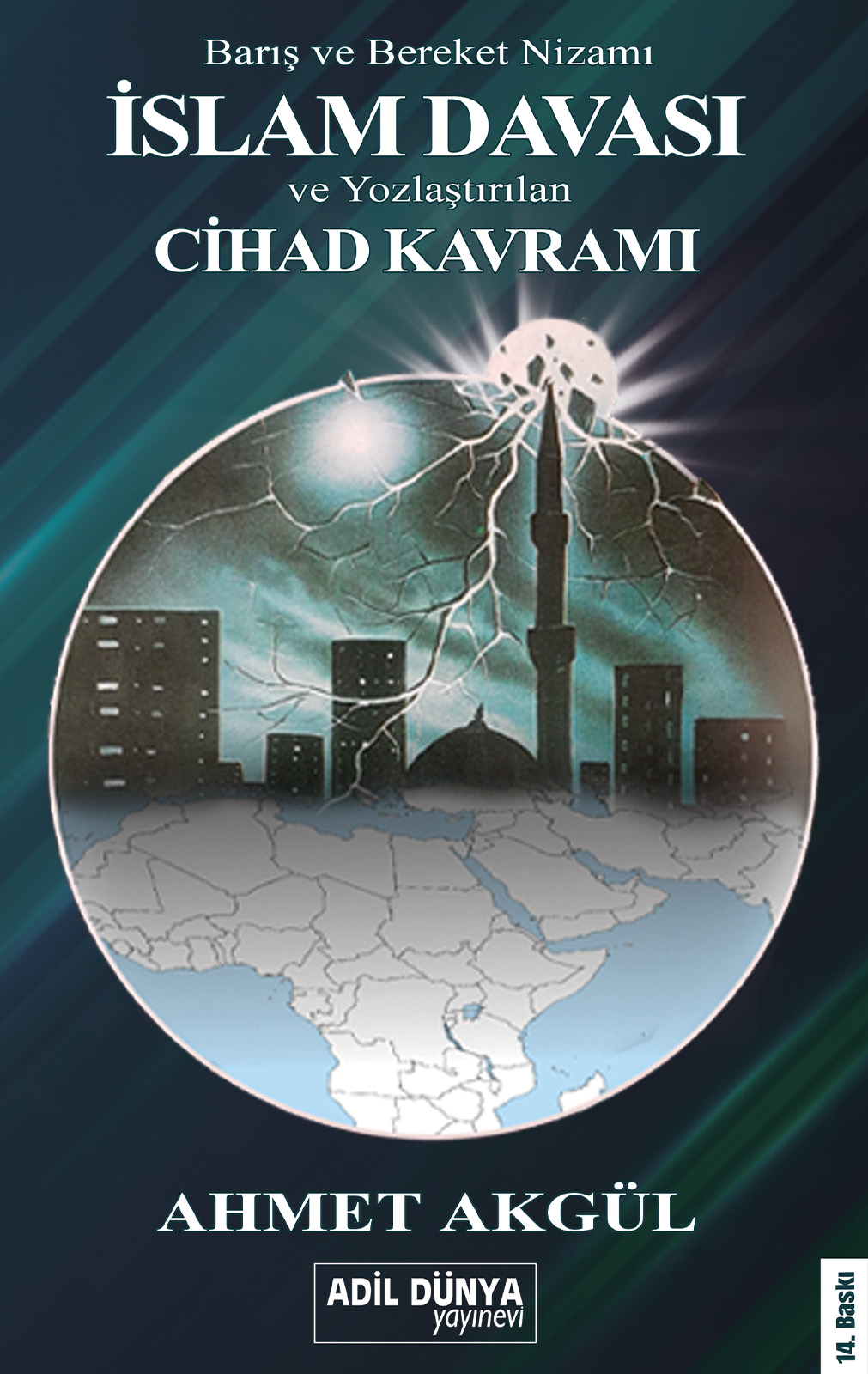

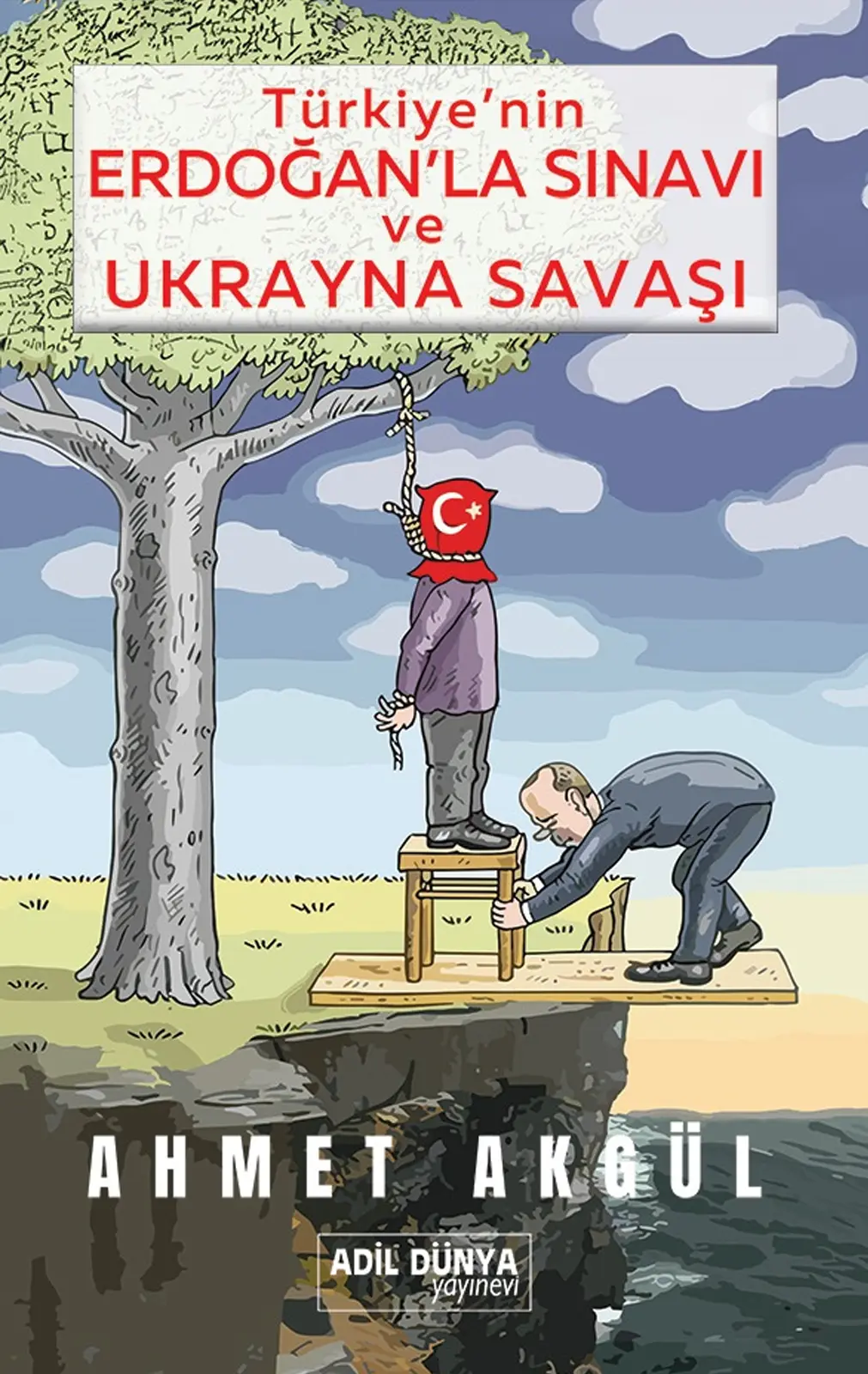
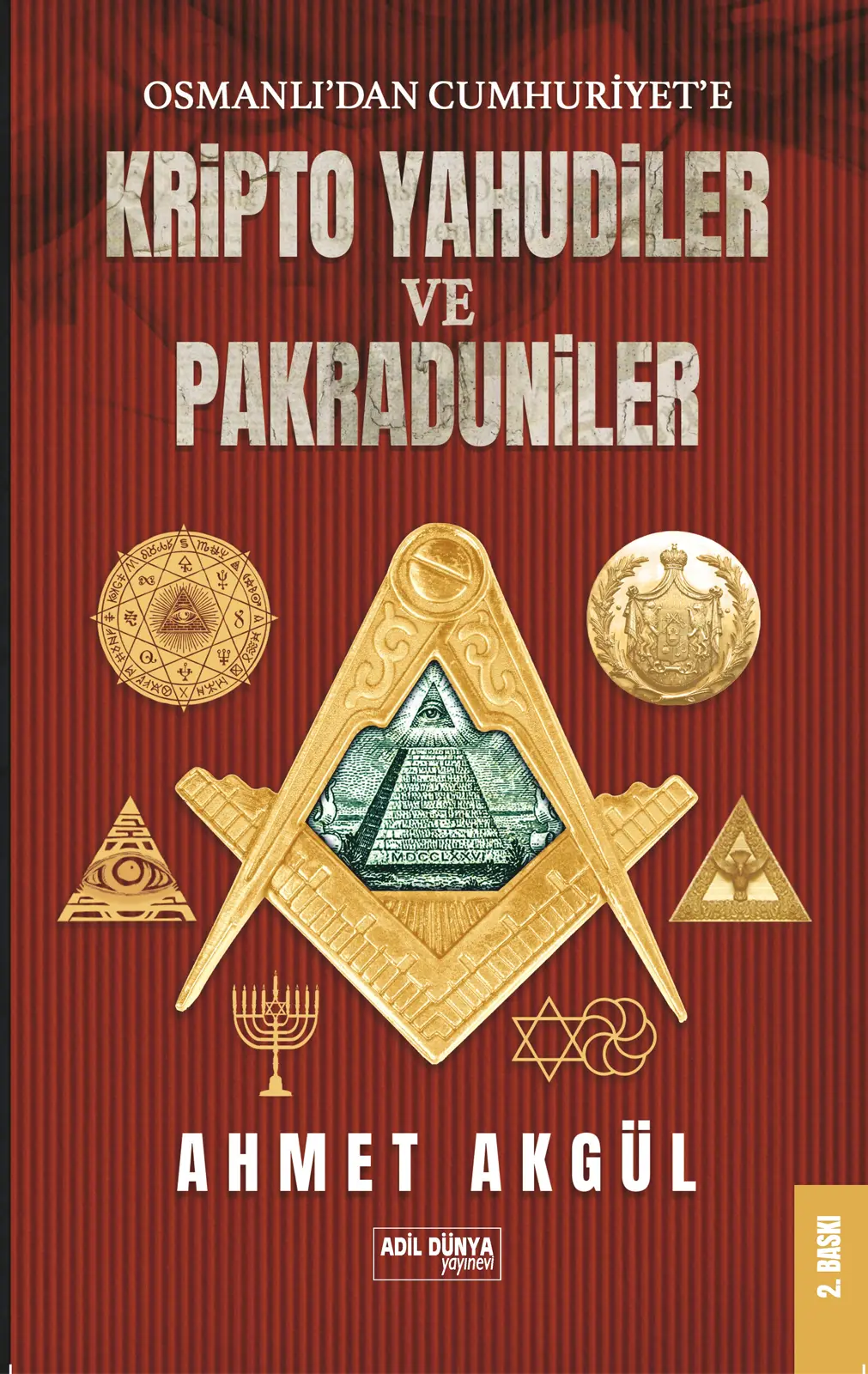
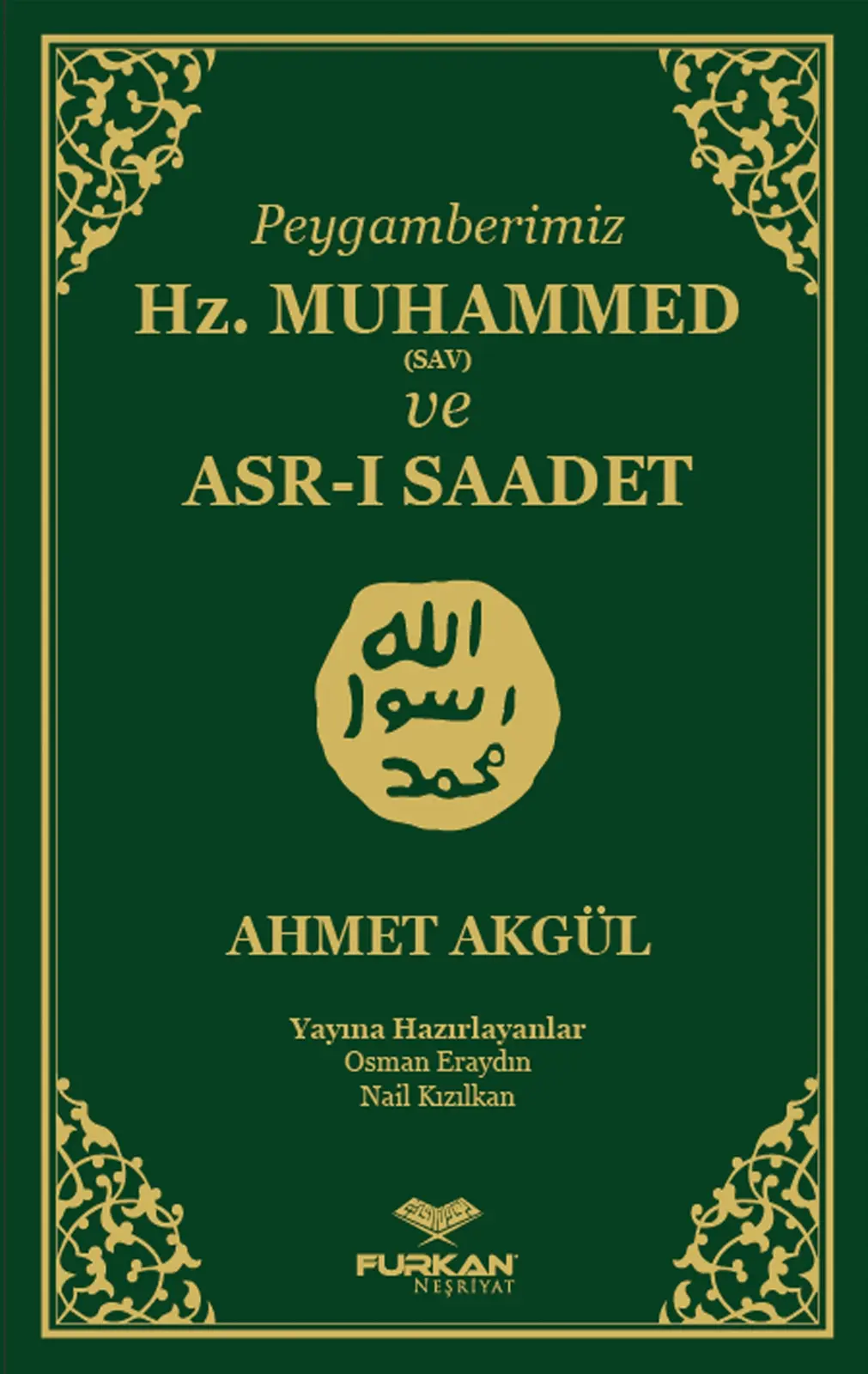
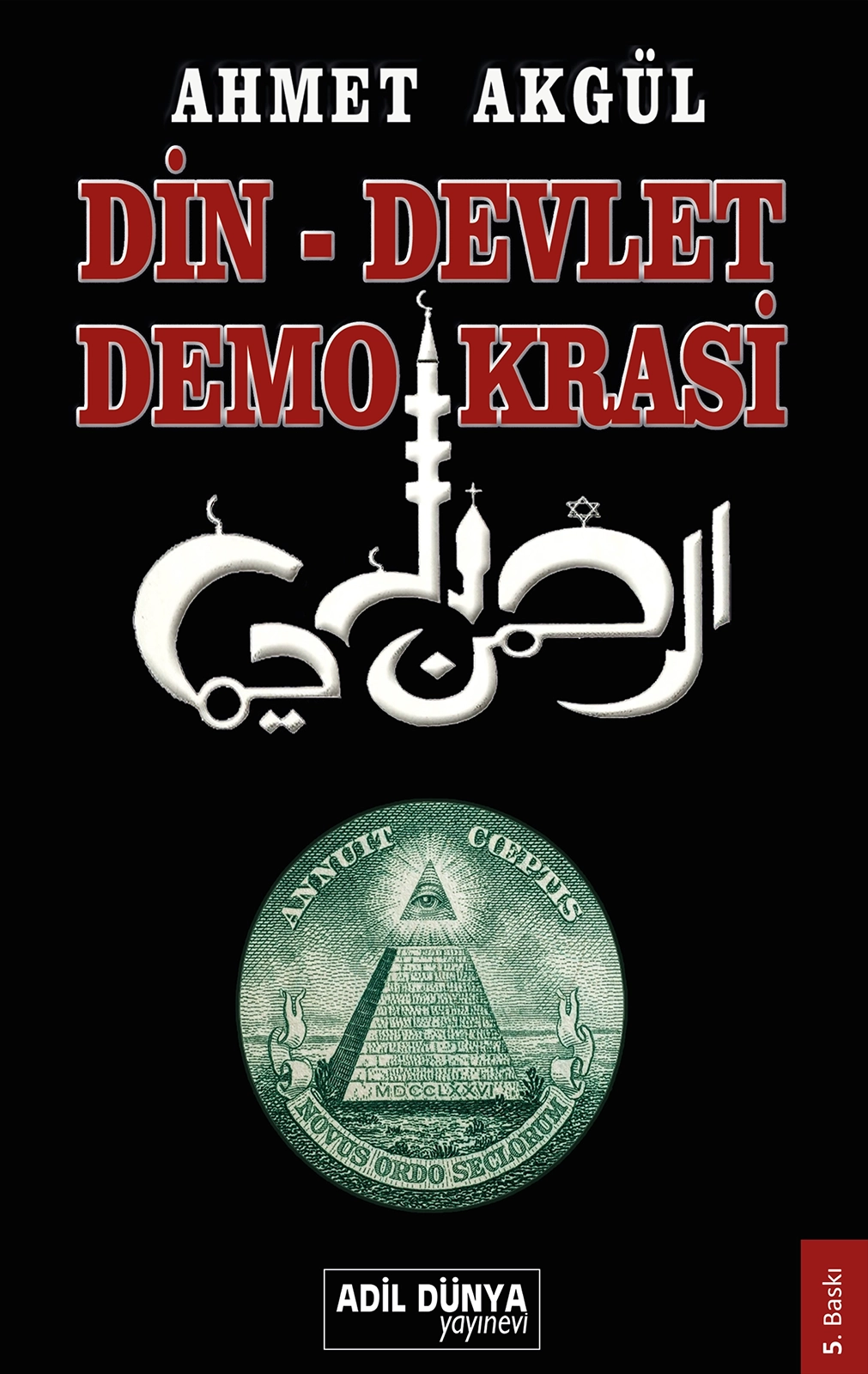

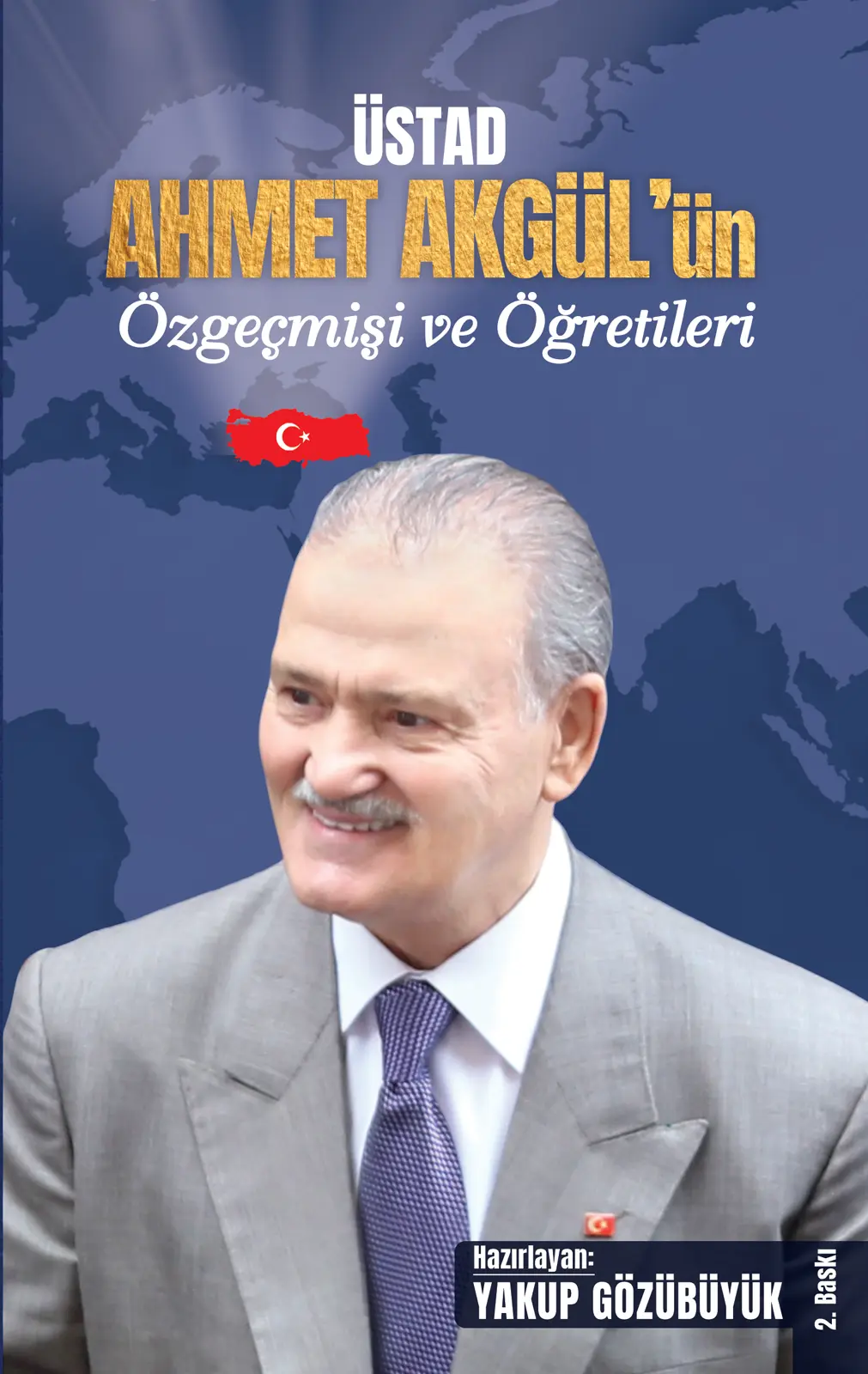
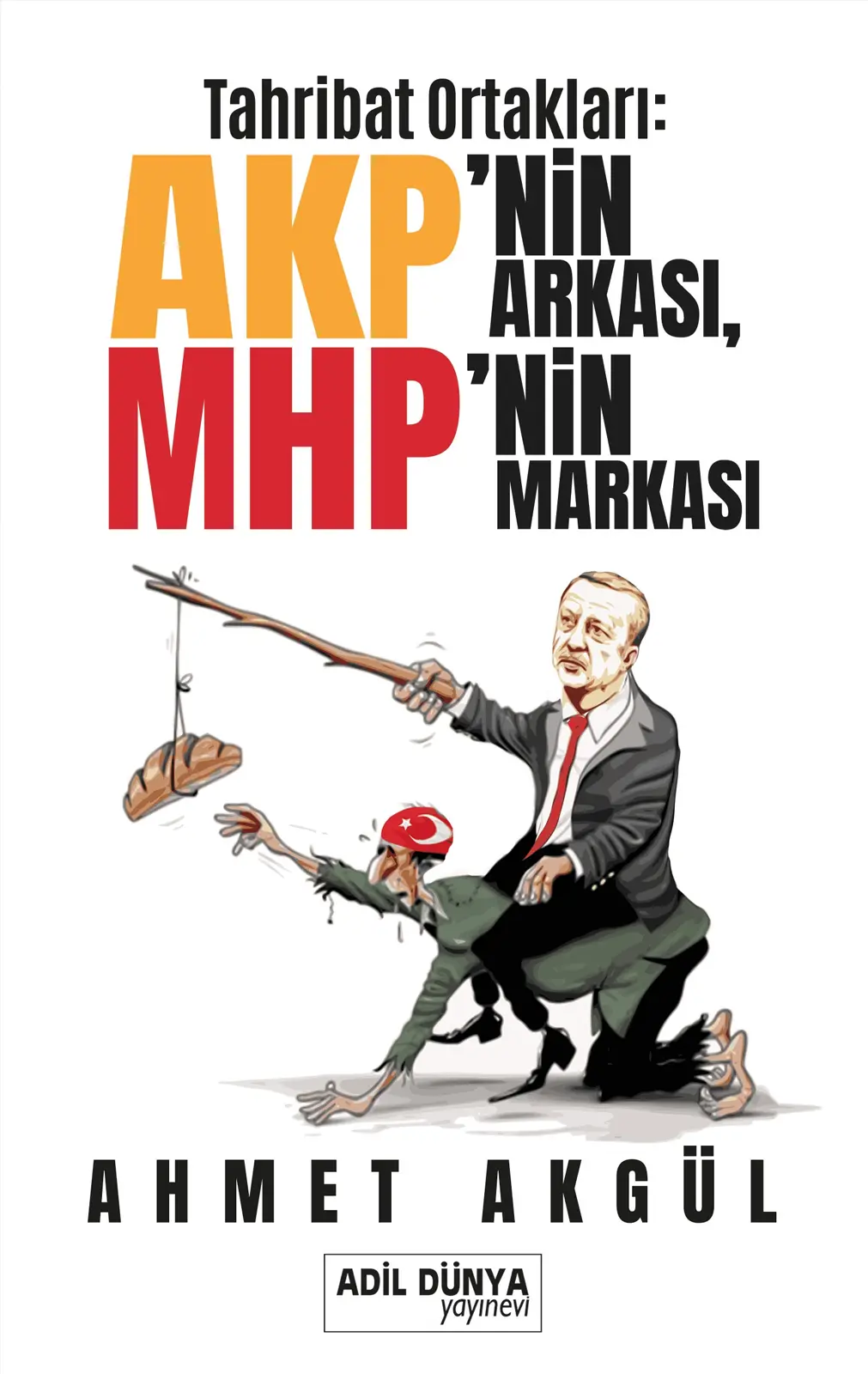
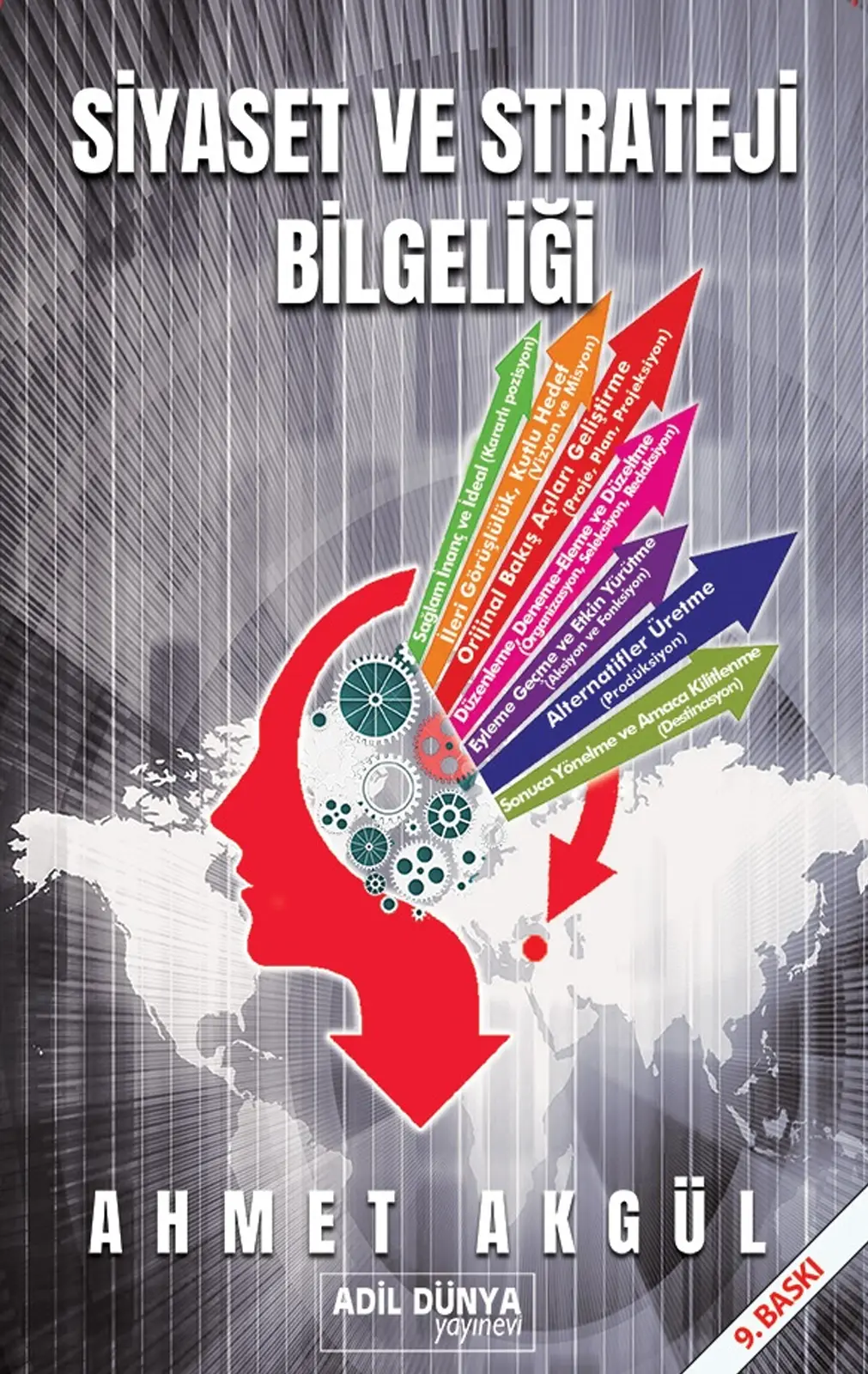

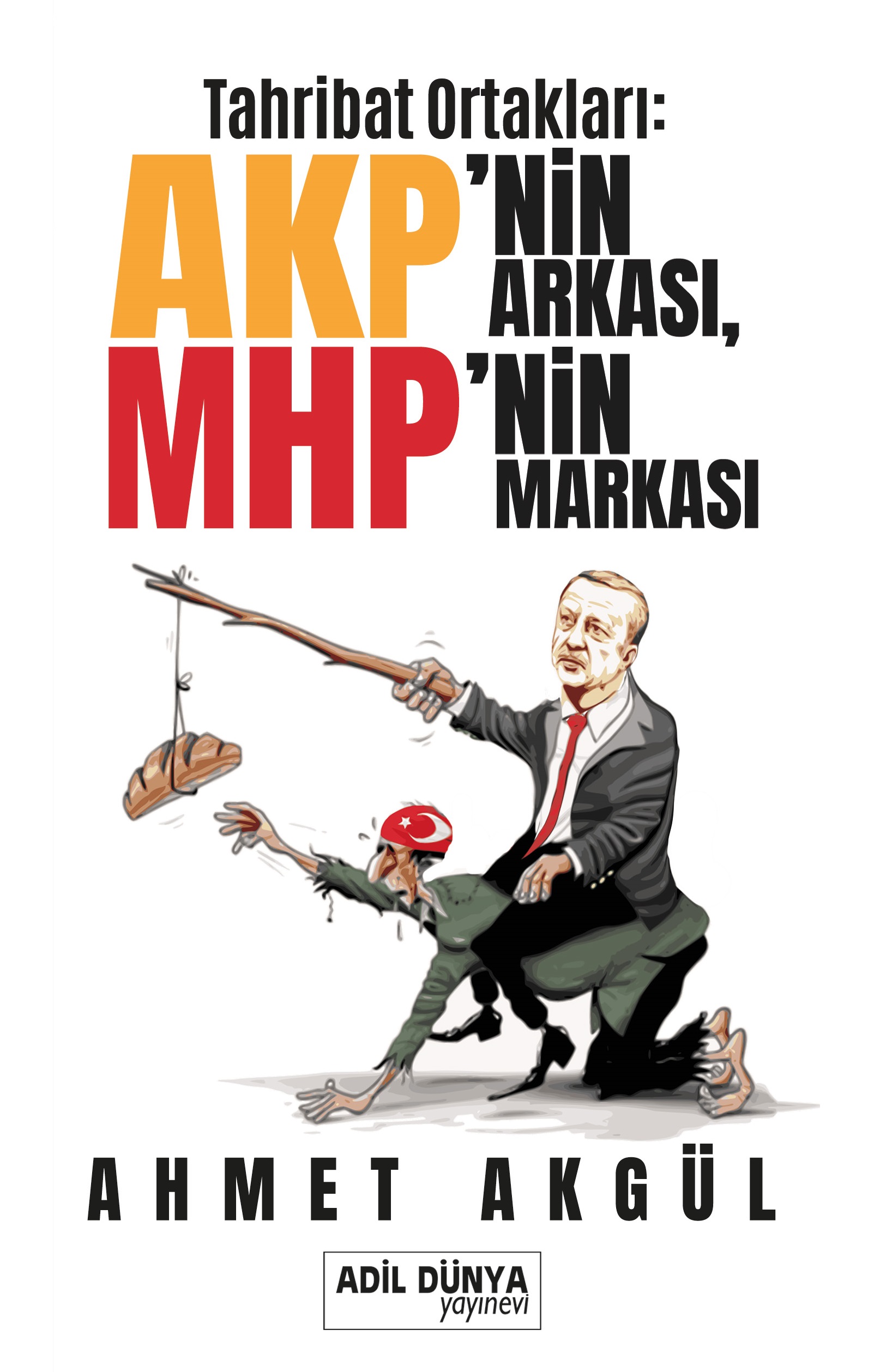
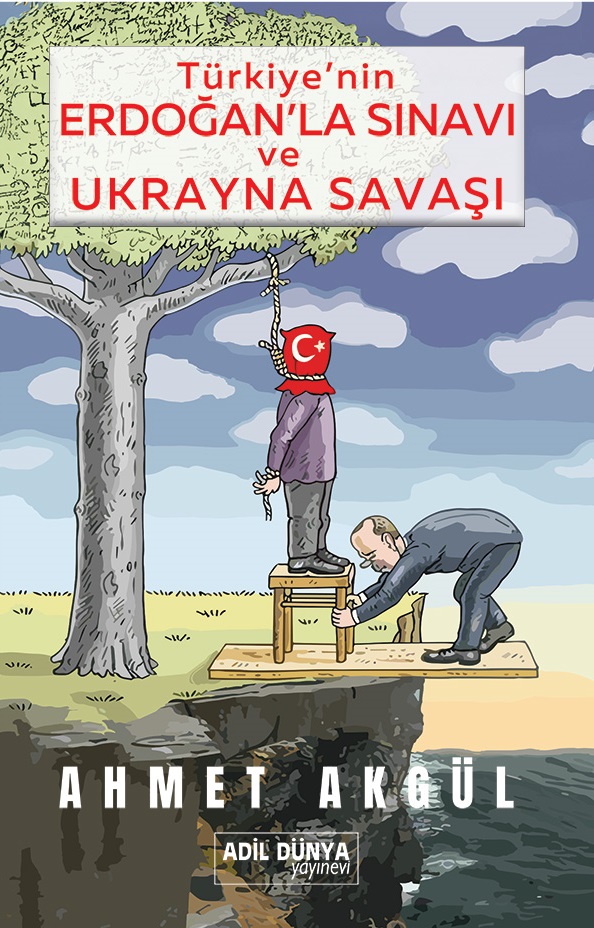
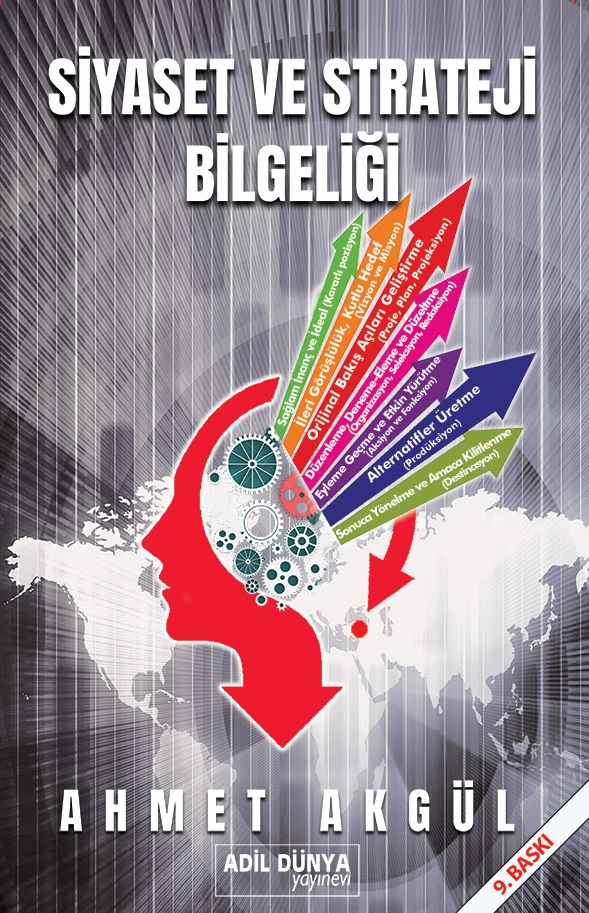
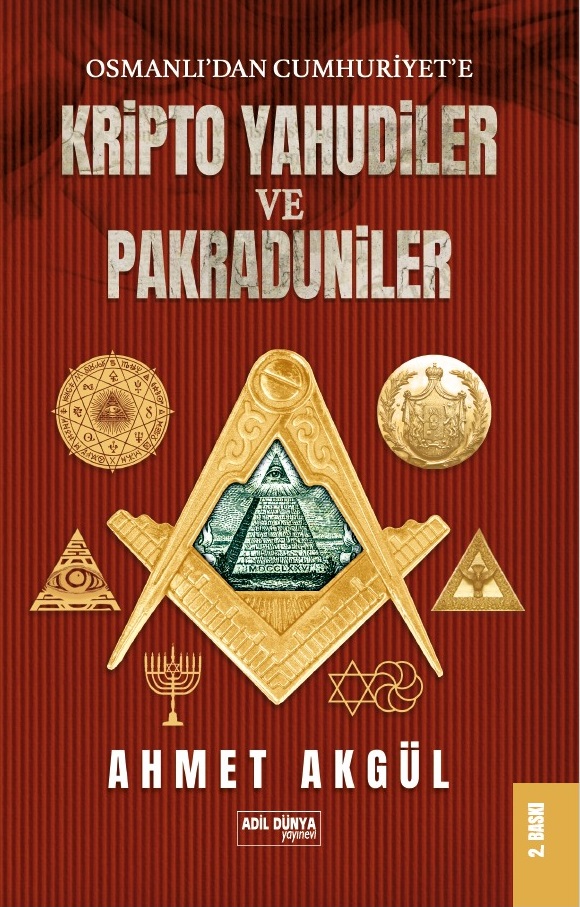
CÜBBELİ AHMET “BEL’AM”CIK’I VE MAHMUT EFENDİ YAKINLARINA UYARI!
FETULLAH GÜLEN DOSYASI
FİLİSTİN’DE; BÜYÜK BAYRAMIN BÜYÜLÜ BAŞLANGICI VE ZEKİ GEÇKİL’İN ŞARLATANLIĞI
Dünyanın Fikri Değişimi Türkiye’den, FİİLİ DEĞİŞİMİ İSE FİLİSTİN’DEN BAŞLAMIŞTIR!
FİLİSTİN’DE; BÜYÜK BAYRAMIN BÜYÜLÜ BAŞLANGICI VE ZEKİ GEÇKİL’İN ŞARLATANLIĞI
OĞUZHAN ASİLTÜRK’ÜN ERBAKAN’A İFTİRALARI
DİKKAT!? Soysuzların Soytarılığı!
DİKKAT!? Soysuzların Soytarılığı!
KUR’AN’A TERCÜMAN, OLDUM KOVULDUM! (ŞİİR)
KUR’AN’A TERCÜMAN, OLDUM KOVULDUM! (ŞİİR)
Anlaşılan amaç Özel'i bir şekilde aday yaptırıp tekrar kolaylıkla iktidarı sürdürmek. Tabi bu hizmet! falan…
Milli Çözüm, “Osmanlı’dan Cumhuriyet’e, Kripto Yahudiler ve Pakraduniler” kitabında yakın siyaset tarihimizi doğrudan ve derinden…
Siyonizmi en iyi tanıyan ve tanıtan üstadımızdan sistemler değişse de güncelliğini asla yitirmemiş bir şiir.…
Sn. Kılıçdaroğlu'na önlem olarak getirilen Özgür Özel, CHP'nin Kılıçdaroğlu ile başlayan ve olumlu yönde gelişen…
Bu yüzyılda Hak davaya önderlik eden Necmettin Erbakan ve Onun Adil Düzen plan ve programlarıdır.Elbette…
Halkı yıllarca IMF ve AB uyum yasaları arasına sıkıştırılan güçlerin emrindeki yöneticiler ; canım ülkemi…
İSRA SURESİ 71. AYETİN HIŞMINA UĞRAMAMAK İÇİN ASRIMIZA VE KUR'AN'A TERCÜMAN OLAN MİLLİ ÇÖZÜM'E TÂBİ…
TUTARSIZLIK = KILIÇDAROĞLU KORKUSU!.. ÇÜNKÜ KILIÇDAROĞLU MİLLİ MUTABAKAT TARAFTARIYDI!... Özgür Özel CHP'sinde evet bir tutarsızlık…
Saf 8 يُر۪يدُونَ لِيُطْفِؤُ۫ا نُورَ اللّٰهِ بِاَفْوَاهِهِمْ وَاللّٰهُ مُتِمُّ نُورِه۪ وَلَوْ كَرِهَ الْكَافِرُونَ Onlar, Allah'ın…
Tarihten günümüze hak davaya katılmış belli mevkilerde görev almış,farklı teşkilatlarda cemaatlerde bulunmuş olduklarını anlarken Hakkın…